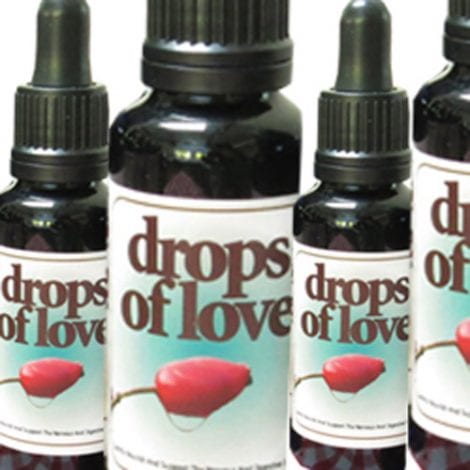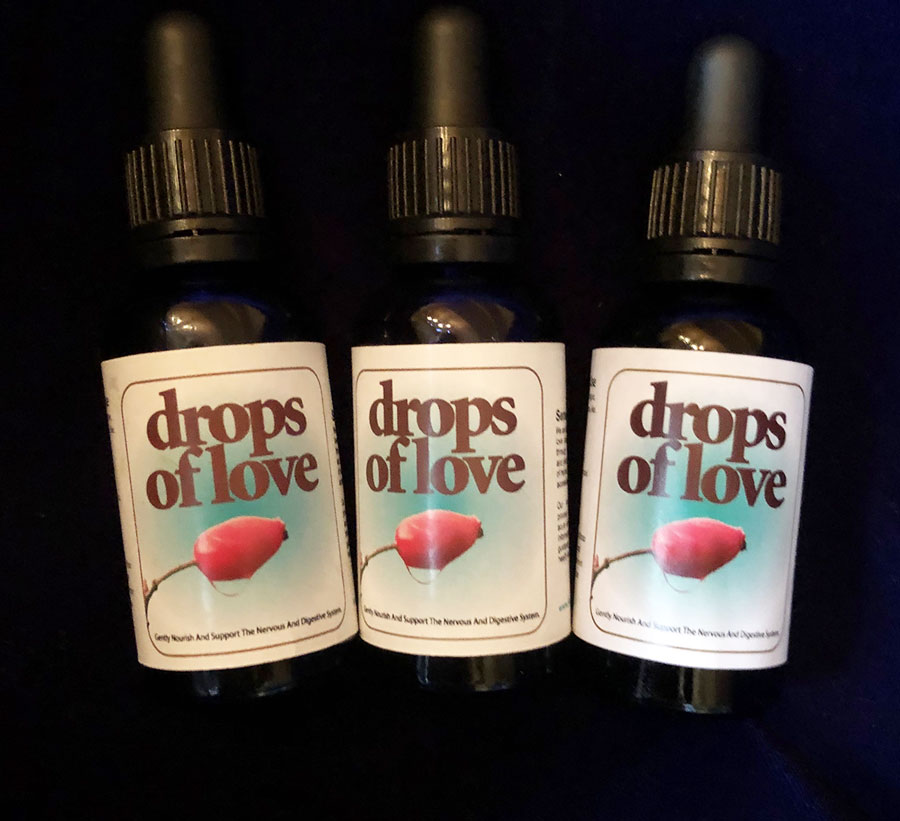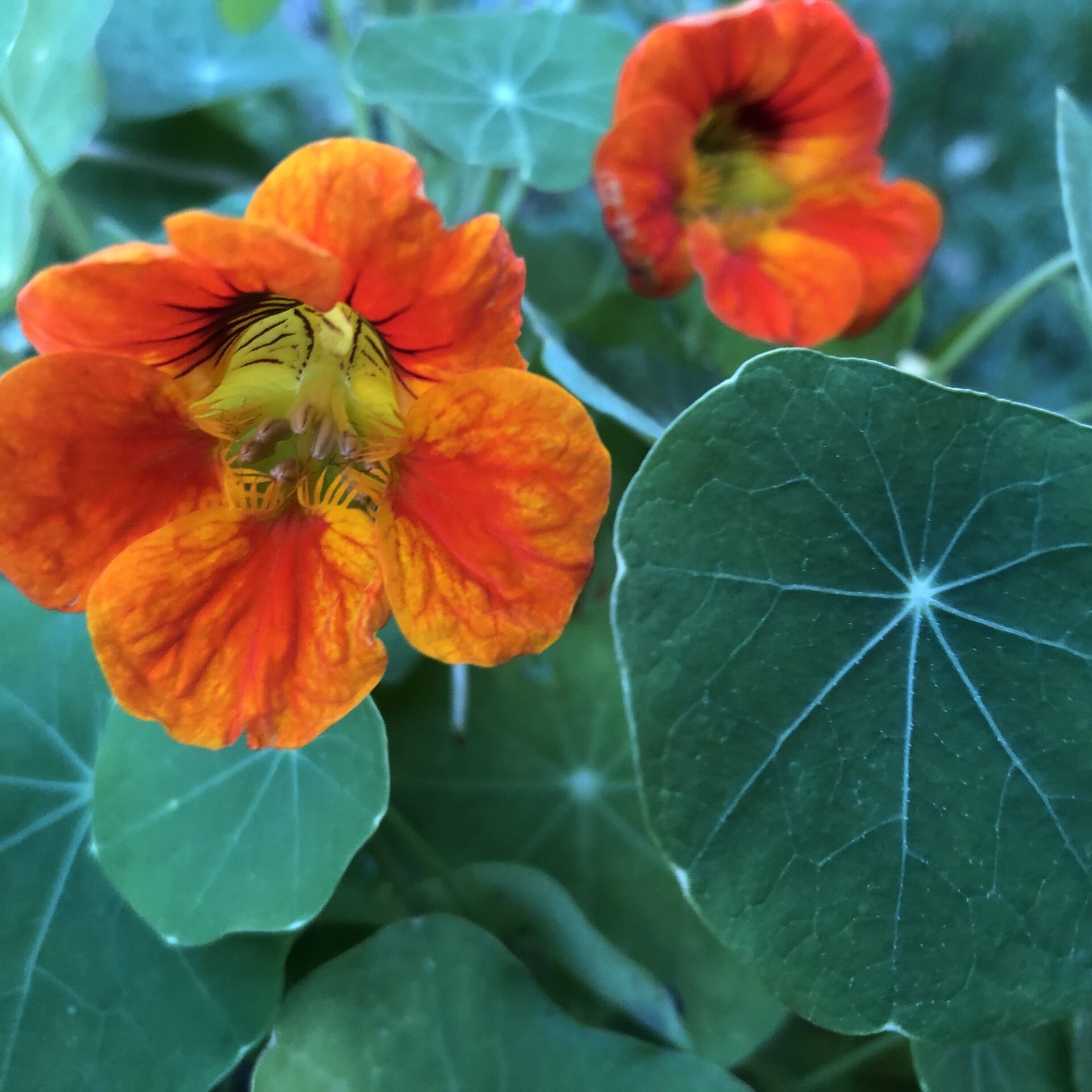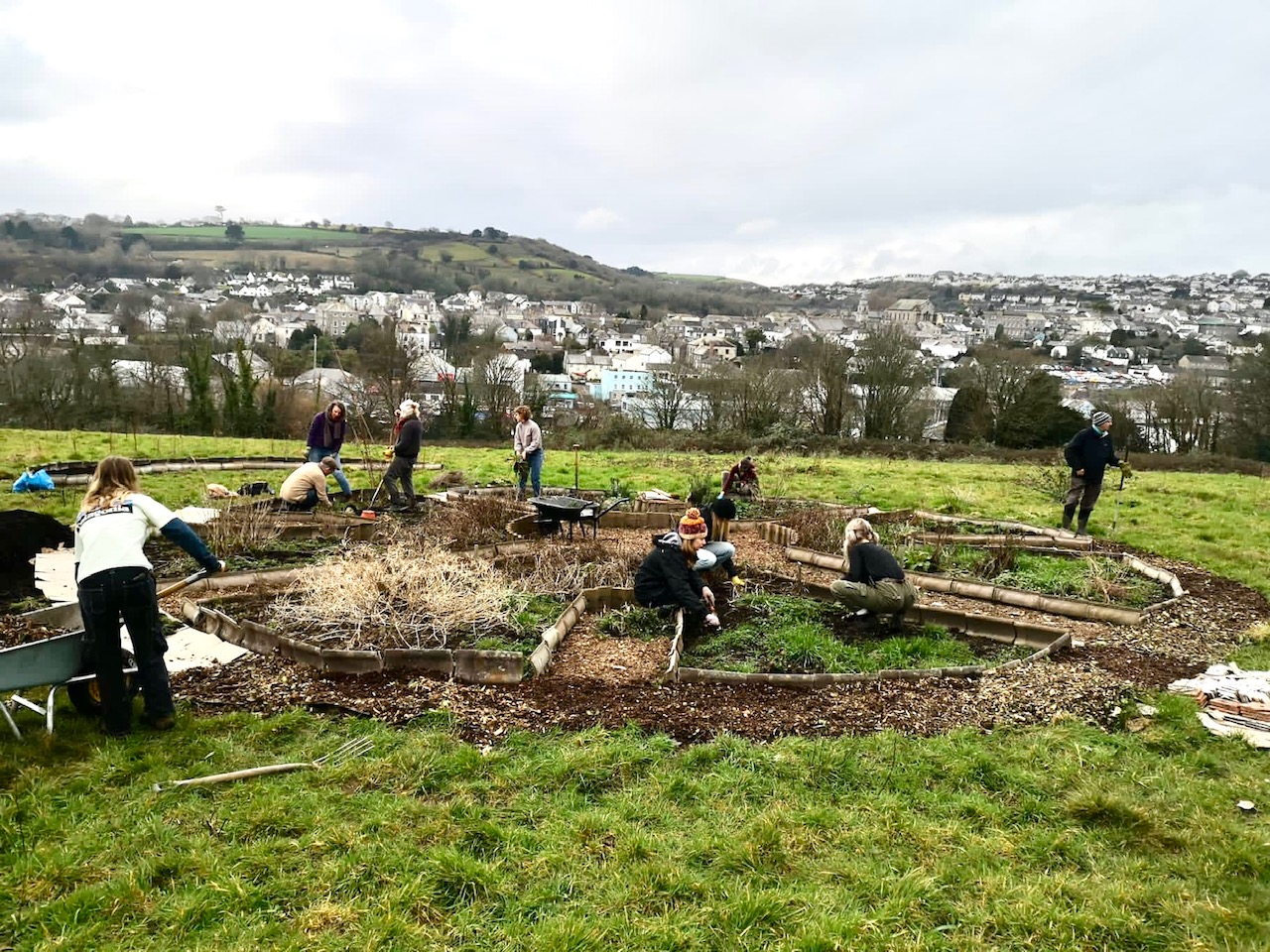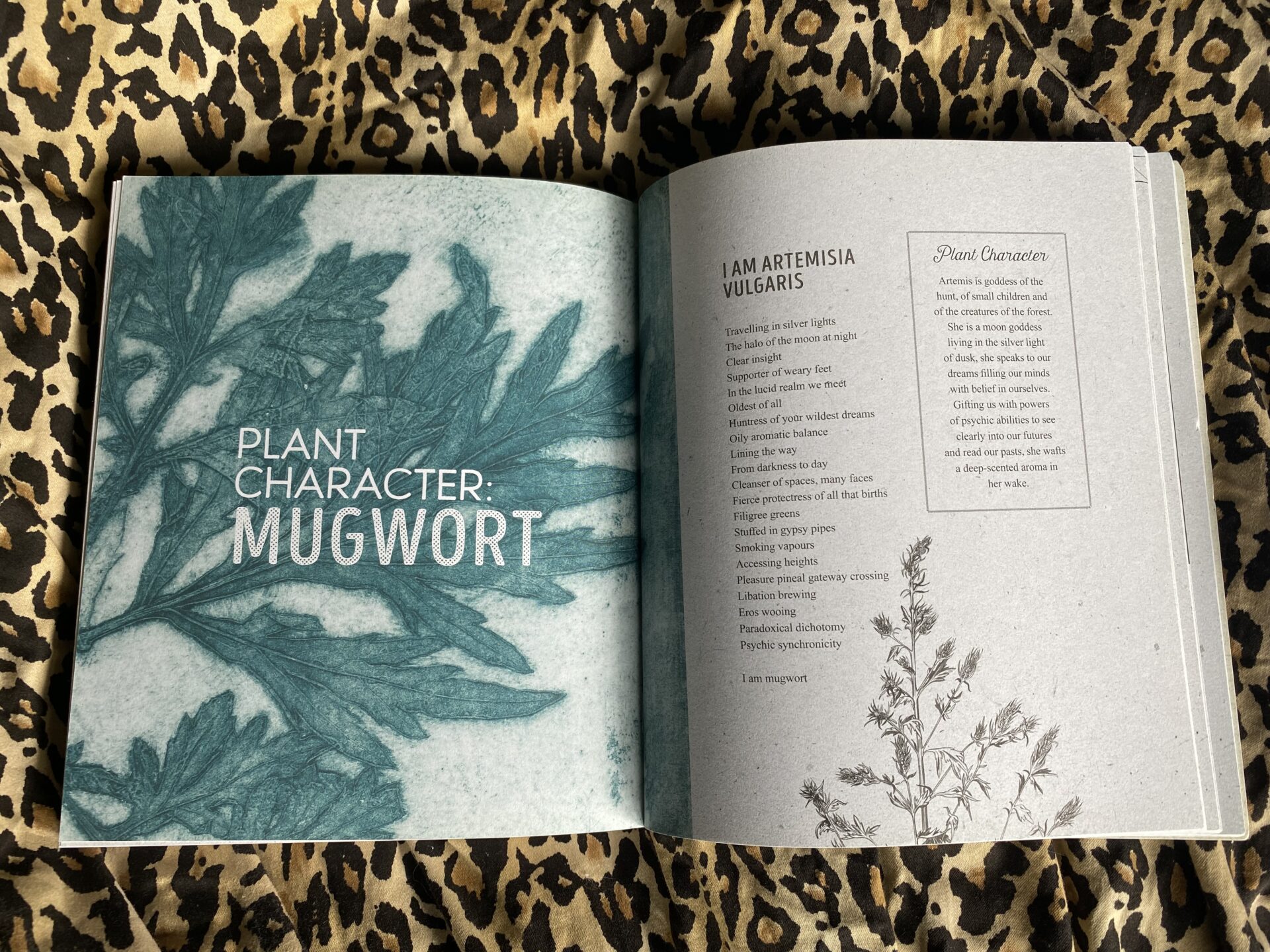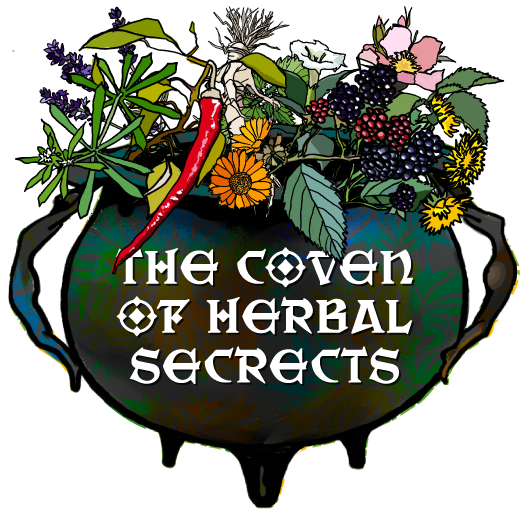Grief is a multifaceted response to loss. Although conventionally focused on the emotional response to loss, it also has physical, cognitive, behavioural, social, cultural, spiritual and philosophical dimensions. Grief can be a response to many forms of loss, a death in the family or someone you knew or felt connected to, the loss of a relationship, the loss of a home, a plan that didn’t go as intended. There can be similar reactions to all of these situations in varying degrees and for different lengths of time. How we respond to grief will depend on our past experiences, the suddenness or severity of the impact of the loss amongst other factors. It is important to remember that the process of grief is not necessarily linear and that we can enter or re-enter any one of the phases at any time.
Some Stages of Grief are:
Shock and Denial
A reaction to learning of the loss with numbed disbelief, thus denial of the reality of the loss at some level, in order to avoid the pain. Shock provides emotional protection from being overwhelmed all at once. This may last for weeks.
Pain and Guilt
As the shock wears off, it is replaced with the suffering of unbelievable pain. Although excruciating and almost unbearable, it is important that the pain is fully experienced, and not masked by avoidance or escapism through alcohol/drugs. Guilt or remorse are felt and life feels chaotic and very scary during this phase.
Anger and Bargaining
Frustration gives way to anger, and you may lash out and lay unwarranted blame for the death on someone else. This is a time for the release of bottled up emotion. You may rail against fate, questioning “Why me?” You may also try to bargain in vain with the powers that be for a way out of your despair (“I will never drink again if you just bring him back”).
“Depression”, Reflection, Loneliness
Just when your friends may think you should be getting on with your life, a long period of sad reflection may overtake you. This is a normal stage of grief, so do not be “talked out of it” by well-meaning outsiders. Encouragement from others is not helpful to you during this stage of grieving. During this time, you finally realise the true magnitude of your loss, and it depresses you. You may isolate yourself on purpose, reflect on things you did with your lost one, and focus on memories of the past. You may sense feelings of emptiness or despair.
Acceptance and Hope
As you become more functional, your mind starts working again, and you will find yourself seeking realistic solutions to problems posed by life without your loved one. You will start to work on practical and financial problems and reconstructing yourself and your life without him or her.
You learn to accept and deal with the reality of your situation. Acceptance does not necessarily mean instant happiness. Given the pain and turmoil you have experienced, you can never return to the carefree, untroubled YOU that existed before this tragedy. But you will find a way forward.
You will start to look forward and actually plan things for the future. Eventually, you will be able to think about your lost loved one without pain; sadness, yes, but the wrenching pain will be gone. You will once again anticipate some good times to come, and yes, even find joy again.
Herbal Support for Grief and Loss
The herbs can support each of us through grief and loss and we always turn to the wisdom of the Rose. Once during autumn, whilst out harvesting her juicy hips we found ourselves talking about loss and grief. We spent an afternoon exploring the emotions that are conjured up and then created our Drops of Love potion. Drops of Love is made up from Rose petal tincture, Rosehip syrup and Peppermint tincture.
Rose has an amazing history as symbol of mystical or divine love. It is used here for its uplifting, calming properties. The binding nature of the tannins found in rose gives the potential for containing nervous energy and erratic behaviour. It helps us to grieve for both physical and emotional or spiritual losses.
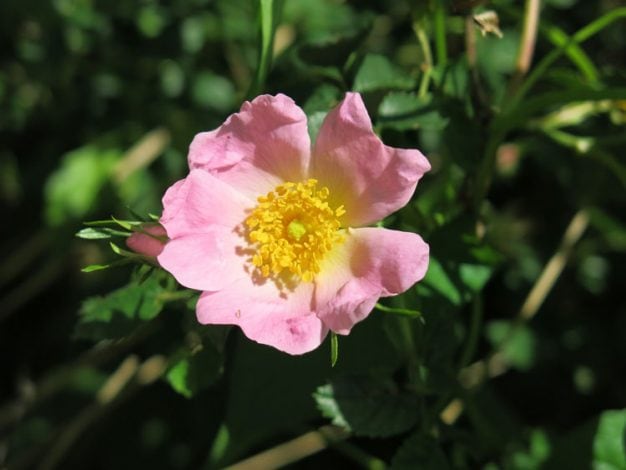
Peppermint helps to clear a fuzzy head and calm digestion, thus aiding the free-flow of all mental processes. The word “mint” derives from the Latin for thought.
The delicious rosehip syrup is made from the wild dog rose. Wild rose’s vastly nutritious make-up provides wonderfully nurturing support for the whole body.
